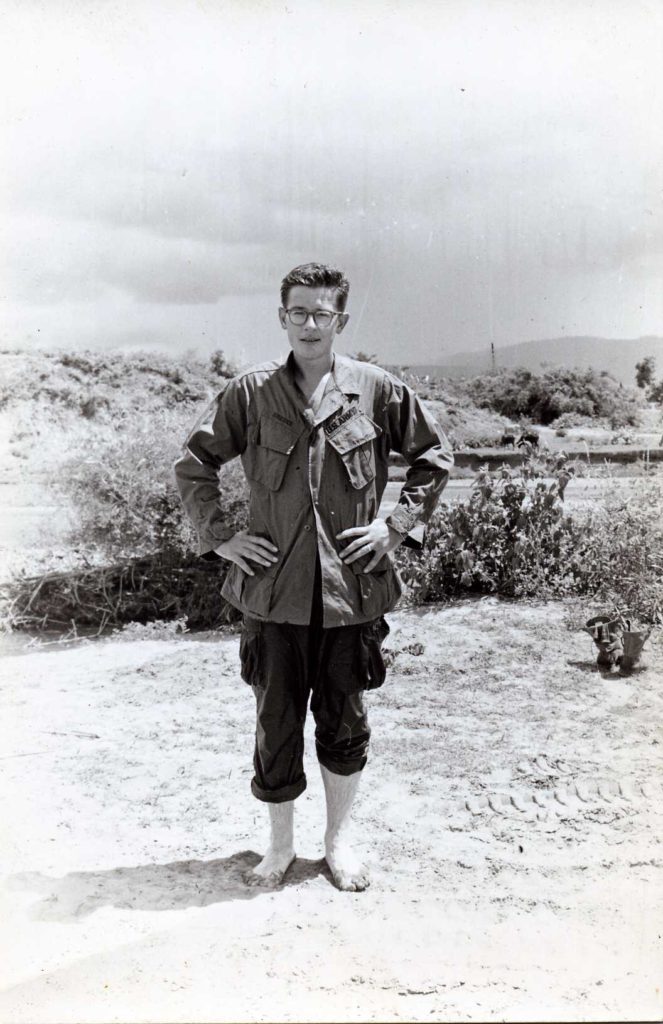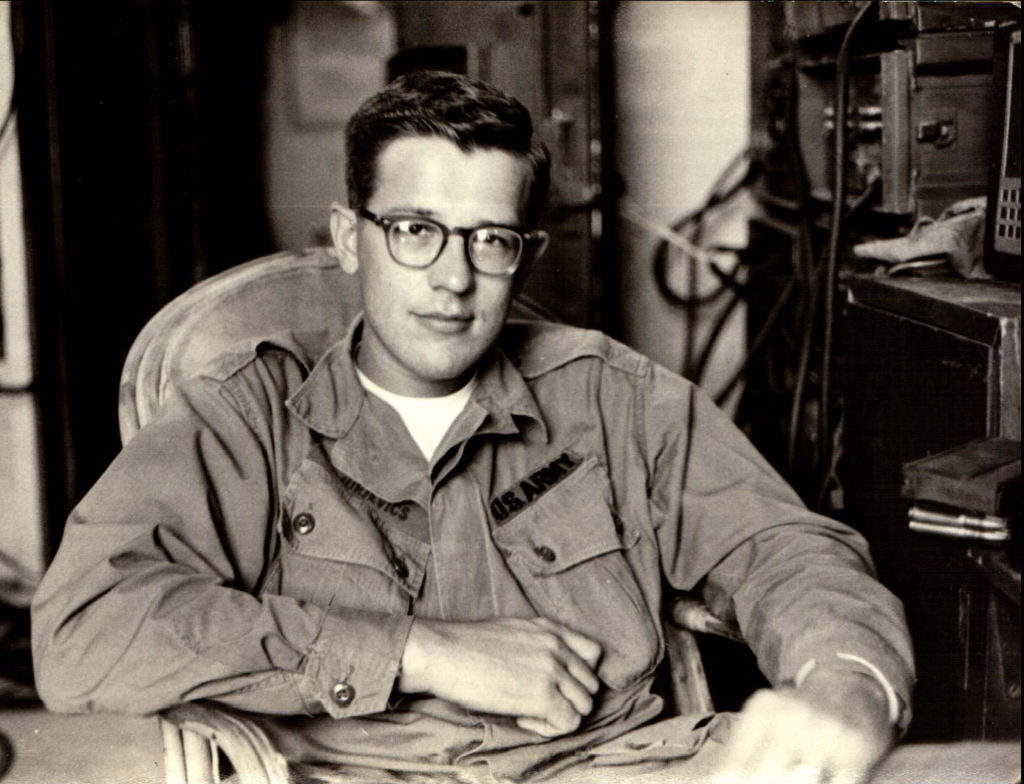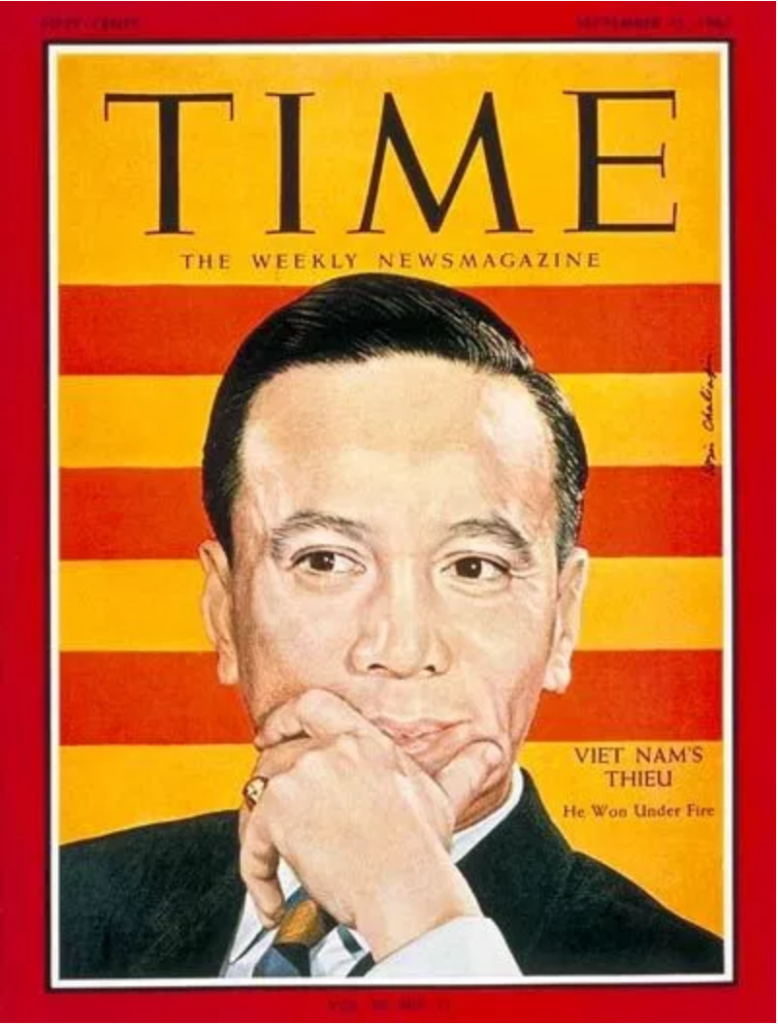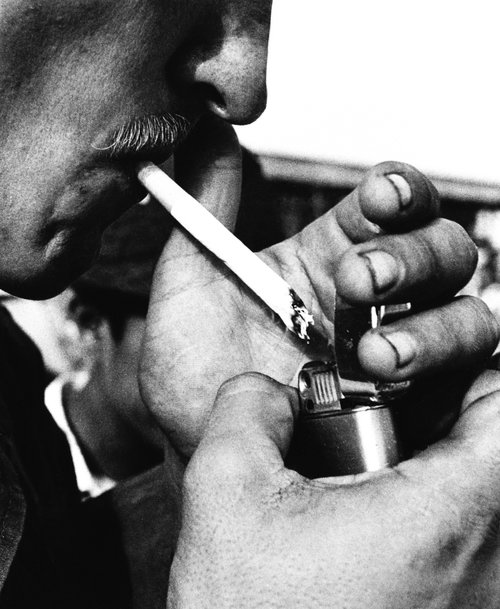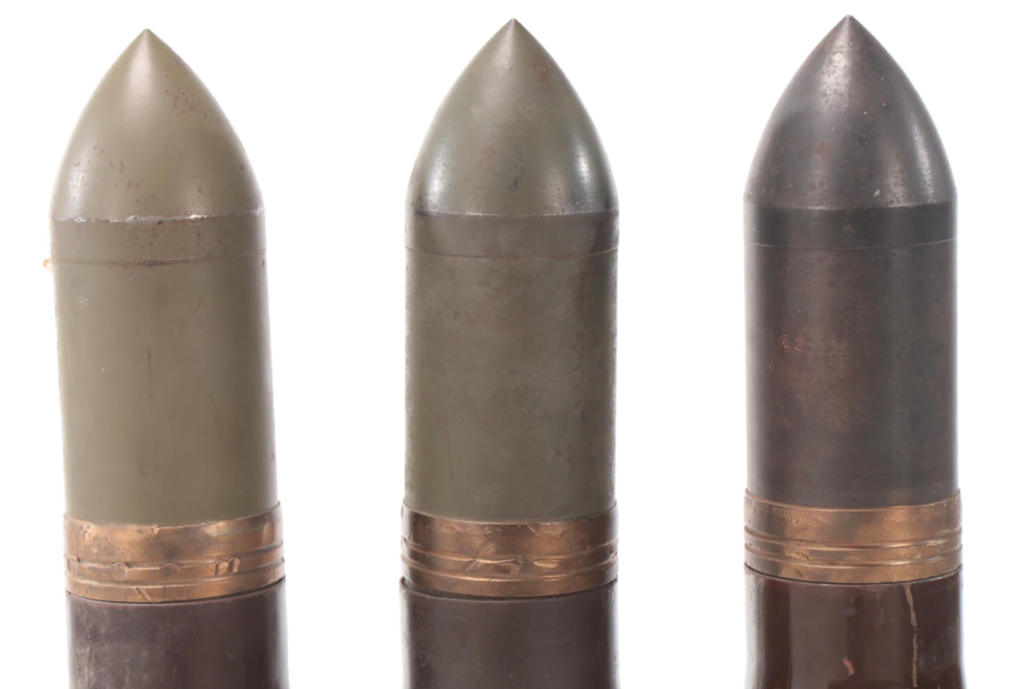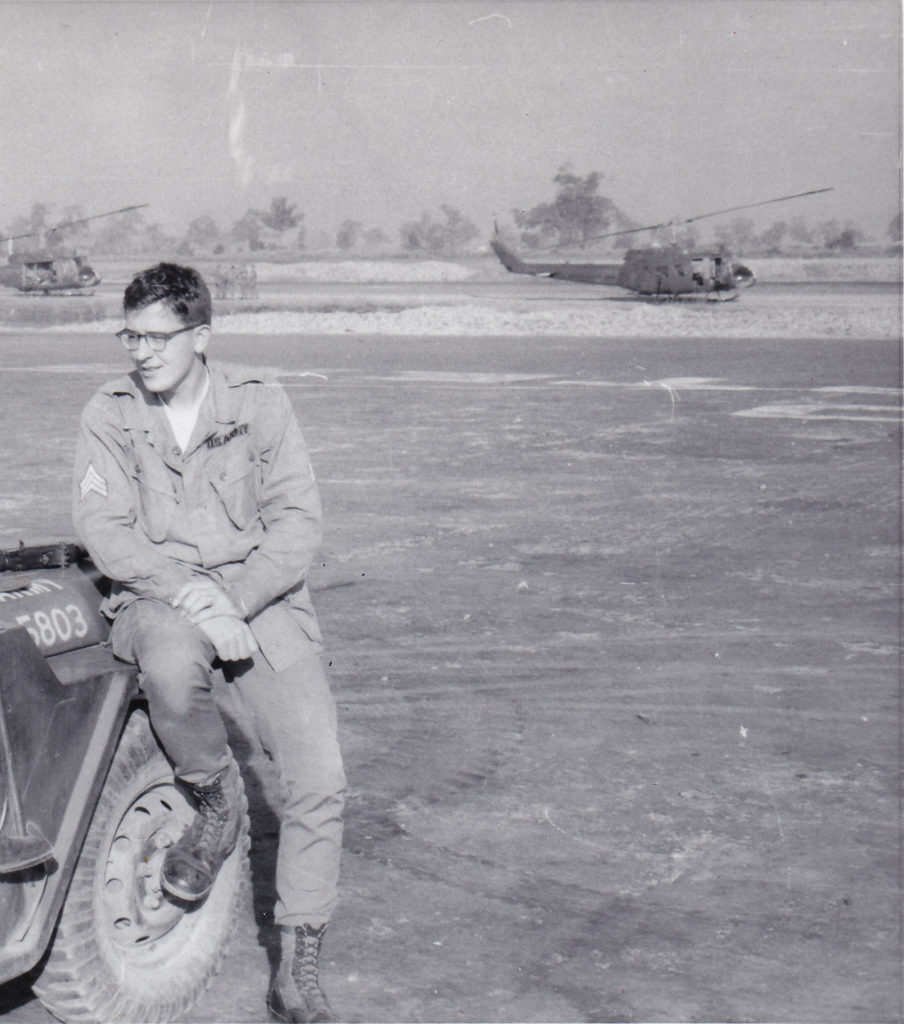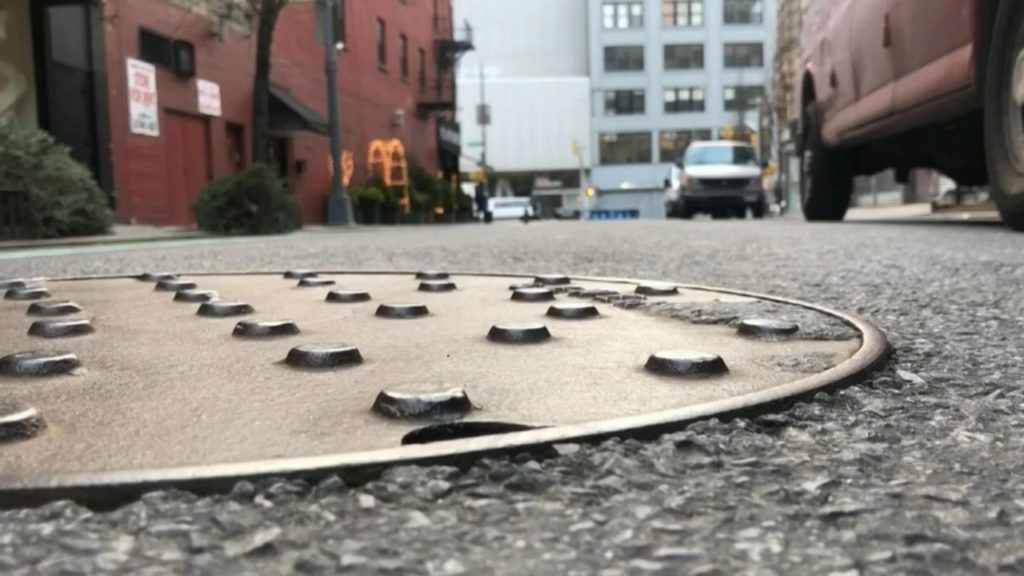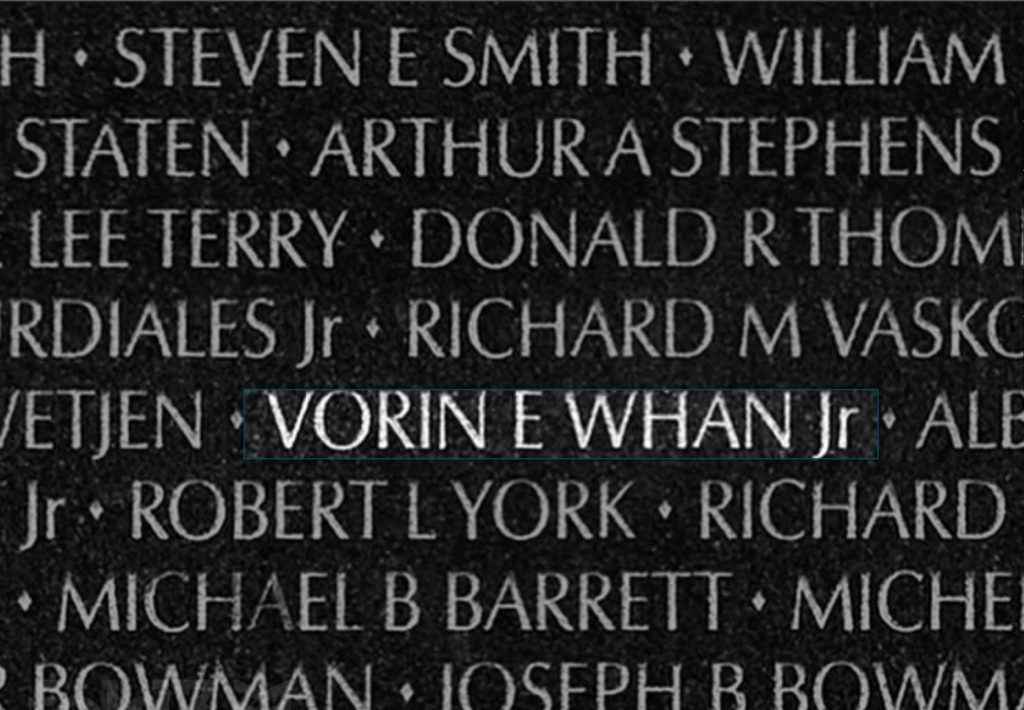Toward what he assumed would be the end of his Viet Nam tour, Juris was plagued by the decision of whether or not to extend: stay longer in Viet Nam but serve a shorter total hitch in the army, or return to a stateside post but owe the army more of his life. Ultimately, the decision would be made for him by the Tet Offensive, which extended his tour involuntarily. But in the meantime, he wondered whether he could stand ‘real’ military life back home. As he wrote, “The Army really wouldn’t be so bad if it wasn’t so military and so much like an army.” For the anti-authoritarian Juri, stateside duty sounded like hell.
“Hopped back to Phu Bon and resumed polishing for the general. A cute guy as generals go. Friendly too, even shook hands with me, but then I guess he couldn’t do much else—our salutes are much too embarrassingly unmilitary. Hardly remember how. Thank god I got stuck in the boondocks. Not too much protocol around here. It’d be really rough to take all this junk otherwise. Bad enough being here without having to put up with the finer aspects of military life. I don’t know if I can get used to the States again. Rolling socks and boots and formations and starch and polish. Will not be easy. The big outposts and the Army are getting worse and worse. It’s getting to be like stateside, really. In Pleiku and Da Nang you’d think you were back in a major post in Washington, DC or something. You can hardly tell it’s a war zone: inspections, formal guard mounts. We don’t have any here. People just sling a rifle over their shoulder and walk around with soft caps on, a magazine in their weapon. Oh, the States. How are you going to take this stuff seriously after standing next to some light bird colonel in the morning and watching him shave his feeble face in his drawers?”
